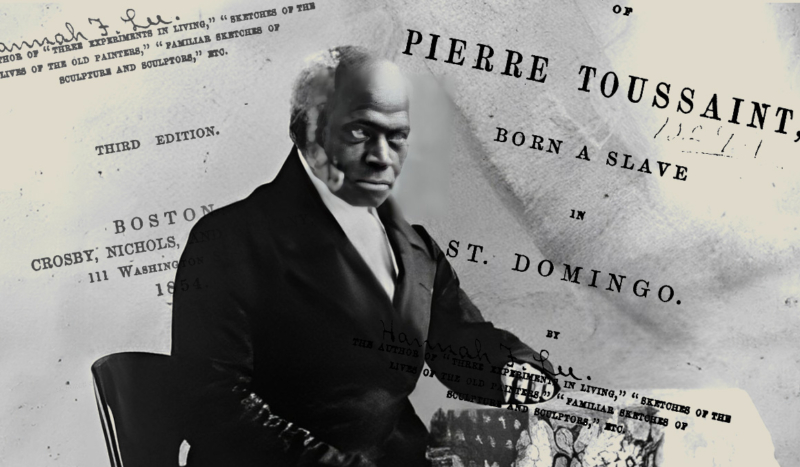
NOTE: Enjoy this excerpt from The American Daily Reader, by CatholicVote president Brian Burch and Emily Stimpson Chapman. To order the complete volume, visit the CatholicVote store today!
He could have been free, but he chose slavery. He could have been wealthy, but he chose generosity. He could have been a saint, and that’s what the Archdiocese of New York contends Venerable Pierre Toussaint was.
Born into slavery in 1766, Toussaint traveled from Haiti to New York in 1787 with his owners, the Bérards. The Bérards planned to return to their Haitian plantation, but then Haiti’s slaves rebelled. After the violence ended, Toussaint’s master, Jean Bérard, went home to assess their losses. He died while there. Back in New York, his wife was left almost penniless… but not alone.
Shortly before the rebellion, the Bérards had sent Toussaint to learn the trade of hairdressing. He proved talented, and New York’s finest clamored for his services. Soon Toussaint earned enough to buy his freedom.
When news came of Jean Bérard’s death, however, Toussaint chose to remain a slave. He loved the Bérards. They treated him like a son, taught him to read, and raised him in the Catholic faith. He didn’t want to abandon his mistress in her poverty. So, he stayed with her, supporting her from his earnings until her death in 1807.
After that, as a free man, Toussaint continued his work and found a wife, Juliette, who shared both his Catholic faith and charitable inclinations. Together, the couple used Toussaint’s earnings to found a school for orphaned African-Americans, purchase freedom for dozens of slaves, provide food and housing for whites and blacks alike, aid refugees, and support the Catholic churches of New York. Numbered among those churches were St. Patrick’s Old Cathedral and Touissant’s own parish, old St. Peter’s, where he attended daily Mass for 66 years. Toussaint also took in orphans, nursed the sick, and provided spiritual counsel to clergy and laity alike.
When he died on June 30, 1853, his pastor told the huge crowd of mourners, “There were very few left among the clergy superior to him in devotion and zeal for the Church and for the glory of God; among laymen, none.”

